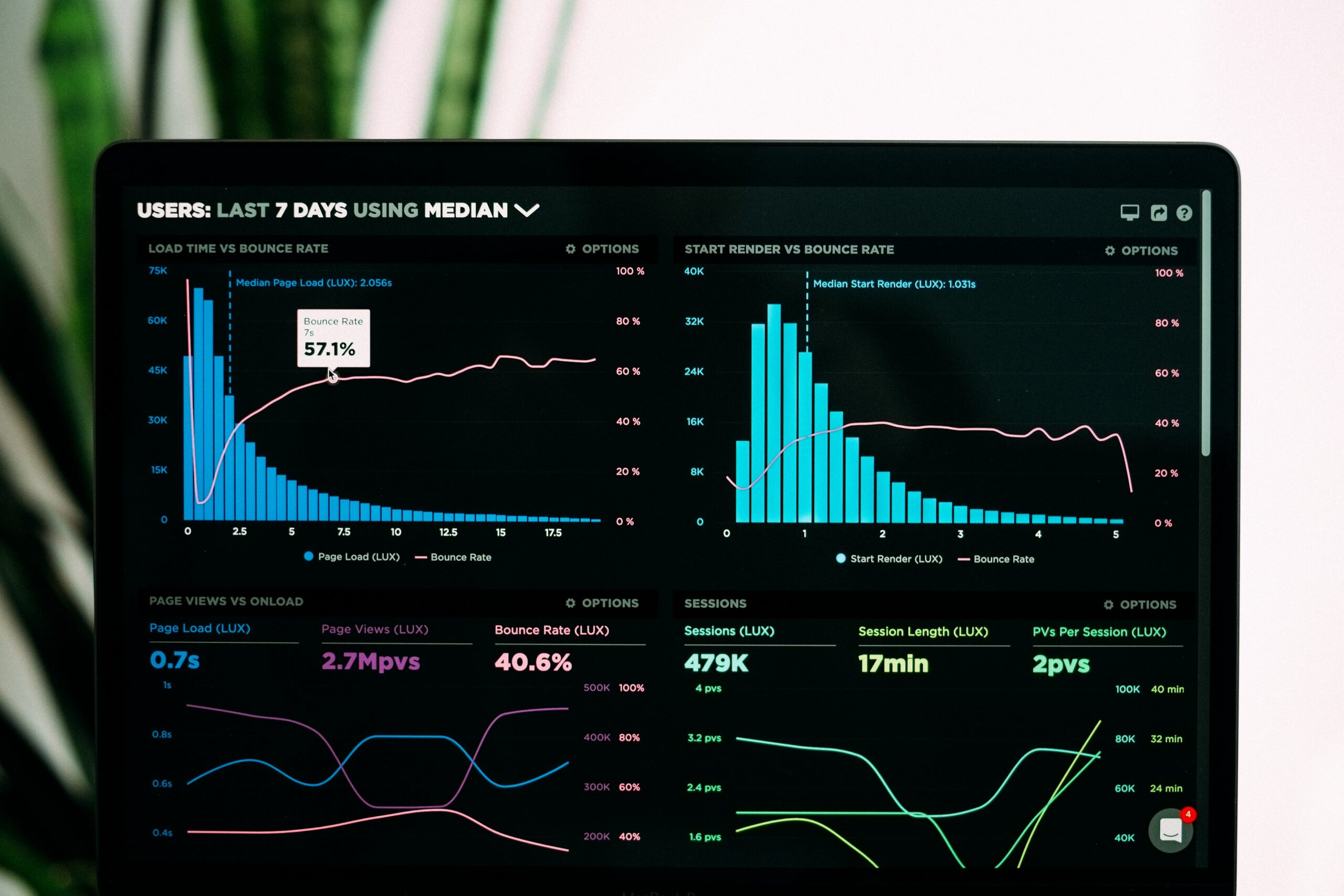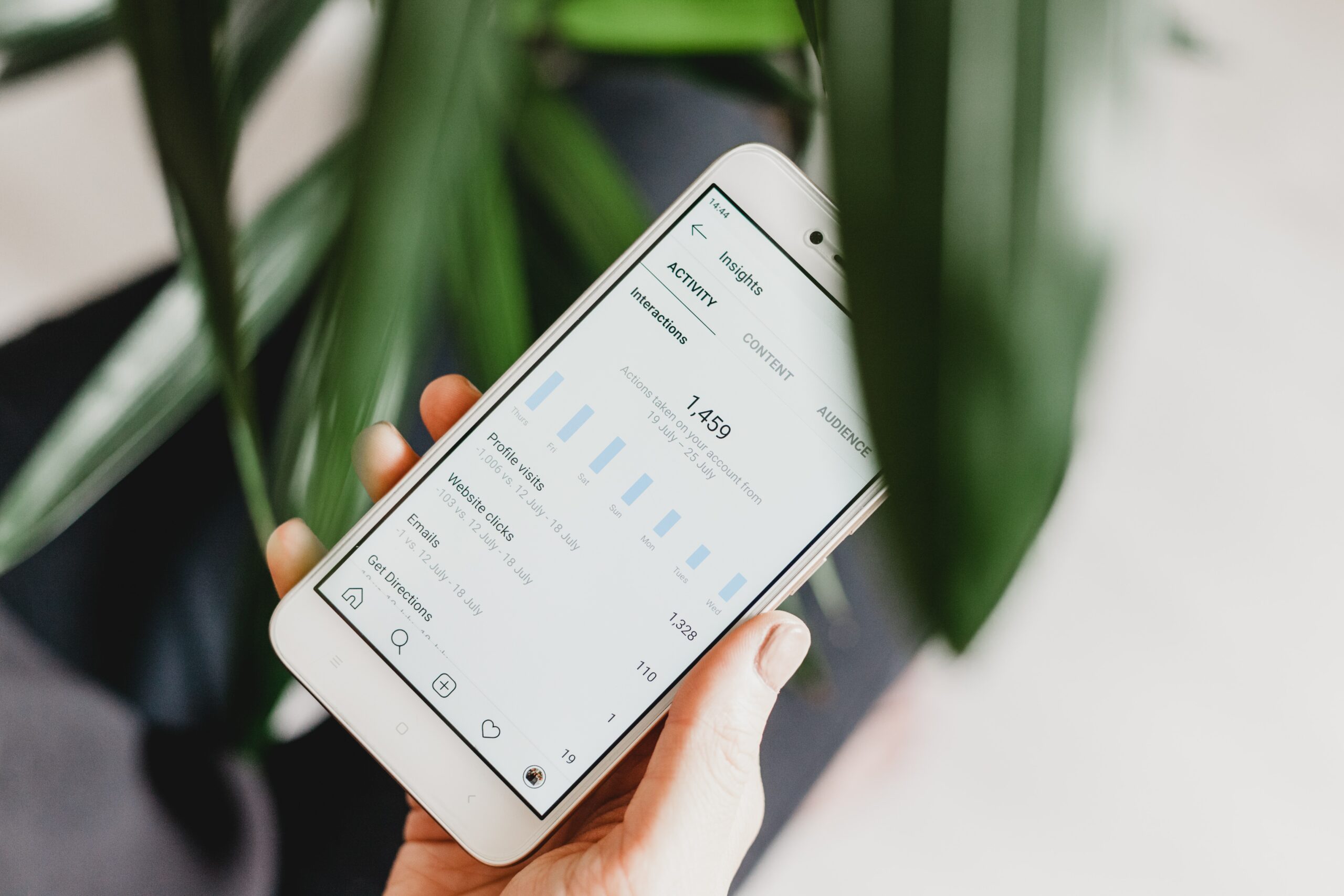How Fortune 1000 Companies Are Seeing Massive Success Through Influencer Marketing
According to a poll from Tomoson, influencer marketing generates $6.50 in revenue for each $1 of marketing spend.[1] The same poll also suggests that influencer marketing is the fastest growing social media marketing strategy, eclipsing other popular digital marketing techniques like display ads, paid social marketing campaigns, and affiliate marketing campaigns.
Table of Contents
- How Fortune 1000 Companies Are Seeing Massive Success Through Influencer Marketing
- Reaching New Audiences
- Moving into New Markets
- Improved Sentiment Analysis
- What is Sentiment Analysis?
- What Can Influencer Marketing Do To Improve Sentiment Analysis Findings?
- Shifting Public Perception: An Example
- Why Hire an Influencer Marketing Agency?
- Grow Your Business with Data-Driven Influencer Marketing Strategy
Why? Influencer marketing is the new friend and family recommendation for social media advertising. According to Nielsen’s Trust in Advertising report that comes out each year, recommendations from friends and family is always the first trusted source of information for consumers looking to make a purchase.[2]
As consumers, we’re wary of brands and looking to spend our money on something proven, which is where an influencer can bridge the gap. With an audience approaching thousands or a million followers, content marketers create content strategies that make consumers feel that they can trust a product recommendation. They’ve cultivated a relationship online with digital experiences that mimic that of real-life friendships, just on a social media platform.
And companies both large and small are noticing. Influencer marketing on Instagram, Facebook, or Twitter can be powerful for small brands and agencies looking to gain market share, but even Fortune 1000 companies or a huge technology company can find new ways to reach customers with B2C or B2B influencer marketing strategy.
Reaching New Audiences
Fortune 1000 companies have the benefits of brand awareness and recognition, but that doesn’t mean that every customer wants what they have to offer. Some legacy brands have a reputation for being outdated or too targeted, which may turn off potential customers in a small audience. These brands may also have a reputation that’s off-putting to some consumers, whether earned or not, and a content creator offers a marketing solution and social strategy for reputation management.
With an older company that’s looking to break into a young audience, an influencer can be a valuable “middleman” to help the company reinvent its image and promote what it has. If that company doesn’t have a huge social media presence, there’s an opportunity for an influencer to tap into enormous potential and boost organic search results.
A great example of this is Walmart using celebrity influencers like Sofia Vergara and Drew Barrymore to promote its products as on-trend. Target also used celebrity influencers and Instagram and YouTube influencers to announce trendy lines and get customers engaged.
Moving into New Markets
When a legacy brand expands its product offerings and needs to move away from a common image, a social media influencer can help. Fortune 1000 companies like General Motors and Ford used influencer marketing to beat the rhetoric around gas-powered vehicles and reinvent themselves as leaders in the electrification of vehicles.
This also comes with a possible new logo and rebranding, as well as a campaign about the new generation of buyers and electric vehicle adoption. To push this message, General Motors intends to use influencers like Malcolm Gladwell, a professional surfer, and shark attack survivor Bethany Hamilton. Both of these influencers help with the message of caring for the planet by making more eco-conscious decisions and promoting a legacy brand on a social media channel.
Improved Sentiment Analysis
Sentiment analysis collected data ranges from survey results and social media mentions to customer reviews and direct message chats. In no previous decade was so much information from so many different channels so easily available to brands across multiple industries.
What is Sentiment Analysis?
Sentiment analysis is also known as opinion mining. It’s a contextual extraction of data that identifies the meaning of subjective information. In other words, it’s a natural language processing (NLP) tactic that helps brands and marketers understand the overall feeling of the content.
The concept is to walk away from a sentiment analysis with a clear picture of whether or not the perception of the brand is positive, neutral, or negative. This data is mined from the voices of the customers and how they engage with the brand across multiple channels, such as survey responses, social media, brand or product reviews, and anything else that can be found online.
Brands should be analyzing the following channels to mine data for comprehensive sentiment analysis:
- Social media mentions and comments
- Customer service data
- Feedback and review analysis
- Detailed market research
- Employee perception and experience
- Competitor analysis
Look for positive and negative language that indicates the emotion of their experience. For example:
- I hate XXX customer service.
- Their support team wasn’t helpful.
- I love working with the account management team at XXX.
- This food was okay. I might buy it again.
- This product works better and more easily than I thought!
- The product is cheap and ineffective.
- I had an allergic reaction and got sick from using this supplement.
- The product worked as expected.
- I didn’t think I’d like this product, but it’s wonderful!
- XXX doesn’t taste as good as XXX.
- This is my new favorite product!
All of these are sentiments that indicate positive, negative, and neutral responses to a product, company, or brand.
What Can Influencer Marketing Do To Improve Sentiment Analysis Findings?
Influencers are conversation starters. They’re community thought leaders and consumer engagers. They have a direct line of communication to the target market backed up by earned trust and industry credibility.
Using an influencer to gather or enhance sentiment analysis installs a qualified and trustworthy representative that can serve as a brand ambassador. They’re able to connect more authentically with consumers who will make a purchase or who already have.
This is an incredibly valuable and powerful tool to have in any marketing arsenal. Whatever sentiment is coming back in from other channels should be used to inform what content and concepts are being put out by hired influencers.
If the same complaints keep coming in, fix the issue and use content creators in the desired niche to advance the new messaging. If customers present recurring product issues, resolve them and refresh influencer content to promote the new and improved design or functionality.
Influencers can say what brands cannot. Of course, the brand thinks its product is great and the best one on the market. But what does the expert think? What do the people think? What does the market want to hear?
These are the questions a niche influencer can answer. Those answers will help brands learn how to pivot and capitalize on this new or enhanced data.
Shifting Public Perception: An Example
Public perception and trends can pivot in an instant, and Fortune 1000 companies aren’t immune to these effects. Amid the COVID-19 pandemic, attitudes changed regarding vaccines shifted and polarized, and it was up to advocates to reach out to consumers.
Along with federal and local government campaigns with celebrities urging the public to get vaccinated, pharmaceutical company Pfizer is considering how to build relationships with advocates and influencers and create valuable digital experiences on social networks like Facebook and Twitter.
Within the sector, Pfizer adopted social channels much quicker than its competitors. This was in part to align with the stakeholders, so choosing influencer marketing is a sensible decision for the brand. Pfizer is looking to create advocacy groups with bloggers, social media content creators, and top social media influencers to promote the vaccine and patient-focused care.
The pharmaceutical industry is bound by numerous regulatory restrictions for communications and marketing, so taking on brand and influencer partnerships is challenging.[3] But the brands themselves can’t connect with consumers the way other brands do, which is why data-driven influencer marketing can help these brands enhance their relationships with the brand and the product.
Why Hire an Influencer Marketing Agency?
The influencer marketing agency is built on genuine relationships with connection and authentic engagement at its core. When starting from scratch, brands must first find influencers in their niche, then take the time to get to know them and engage on a personal level.
This is a time-consuming and often unsuccessful process. An influencer marketing agency will have built-in relationships with content creators they’ve worked with in the past or are already connected with. They bring vetted talent to the table that has been proven over time without having to wait even longer before a campaign can be deployed.
An influencer marketing agency offers a whole team of industry experts who handle everything from campaign strategy, creative management, and detailed reporting. With a team ilke that, there’s no need to dig into an entirely new skill set.
Negotiations are also challenging without an influencer marketing agency. Brands who don’t have the experience with influencer marketing contracts and negotiatinons can hit unforeseen roadblocks or get caught up short later when the results come in.
An agency will help streamline the process from connection to reporting so brands can focus on what they do best.
Grow Your Business with Data-Driven Influencer Marketing Strategy
Influencer marketing is growing to become one of the most important online marketing channels for building brands’ awareness and recognition. Both small and large businesses can see incredible returns with full-service influencer marketing partnerships for lead generation, reputation management, and brand awareness. And most importantly, brand and influencer partnerships are a modern substitute for the old friend and family recommendation or word-of-mouth referral, bringing Fortune 1000 brands into the world of social media advertising and new consumers.
Sources:
[1] https://www.tomoson.com/blog/influencer-marketing-study/
[2] https://global.nielsen.com/global/en/
[3] https://www.reutersevents.com/marketing/brand-marketing/pfizer-influencer-engagement-driving-advocacy-and-future-communications





